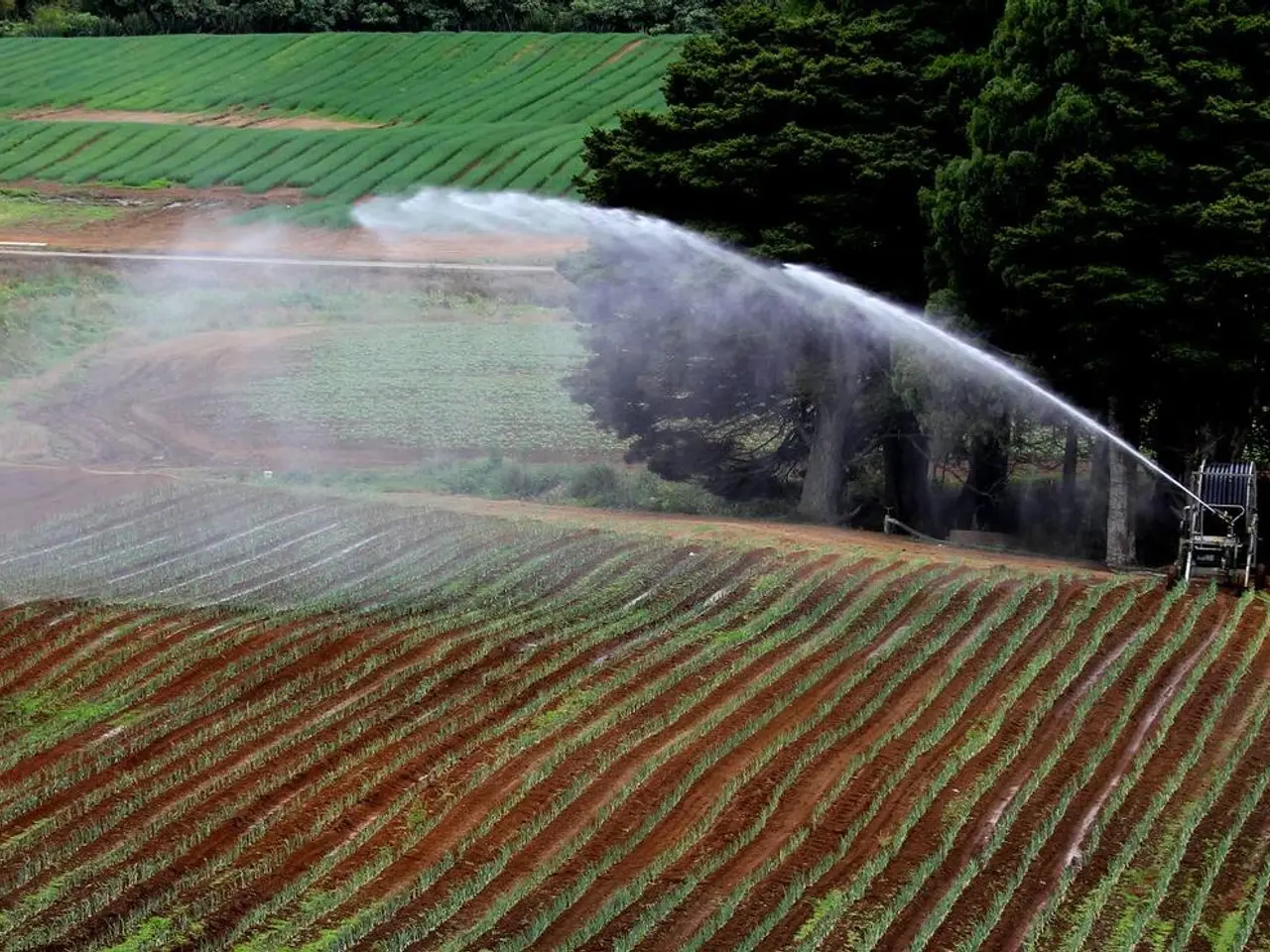Agricultural Job Risks and Compensation Investigated
In an effort to better understand the working conditions, wages, stressors, and job satisfaction of those employed in animal husbandry and breeding, the Industrial Union Bauen-Agrar-Umwelt (IG BAU) has initiated a survey. This survey, which is part of a larger agricultural study, is being supported by the Robert Bosch Foundation and is open to agricultural workers in Kreis Lippe.
The survey, which runs until September 14, takes approximately 15 minutes to complete and is completely anonymous. It focuses on various aspects of the work, including working conditions, wages, stressors, and job satisfaction.
One of the key concerns in the study is the long working hours that are common in the industry, with many animals being kept seven days a week. Workplace safety in the stable is another important topic of interest.
Sabine Katzsche-Doering, chairperson of IG BAU Ostwestfalen-Lippe, has expressed a desire to ensure the situation in the stables of agriculture in Kreis Lippe is included in the study. She encourages those who work with animals in breeding or fattening to participate in the survey.
The workload in the stable is also a focus of the study. The research team at the PECO Institute is focusing on employees and apprentices working in animal husbandry and breeding nationwide.
While specific key findings for the study in Lippe have not yet been detailed, similar agricultural labor studies have typically highlighted challenges in working conditions, such as physical labor intensity, exposure to environmental stressors, and health risks. Wages may be comparatively low or variable, often influenced by seasonal work and market conditions. Stressors include long working hours, job insecurity, and sometimes social isolation. Job satisfaction factors can be affected by work environment, recognition, and economic stability.
For precise and detailed key findings for the specific nationwide study on agricultural workers in Lippe, Germany, consulting direct study publications or reports from relevant German agricultural or labor research institutions would be necessary.
If you are an agricultural worker in Kreis Lippe who works with animals daily, you are encouraged to participate in the survey. The questionnaire is available online at www.peco-ev.de/allgemein/onlineumfrage-unter-beschaeftigten-in-der-tierhaltung-und-tierzucht. Your participation will help provide valuable insights into the working conditions in the agricultural sector in Kreis Lippe.
The survey, supported by the Robert Bosch Foundation, is extended until September 14, and it focuses on working conditions, wages, stressors, and job satisfaction in animal husbandry and breeding, including those in fitness-and-exercise routines for animal wellbeing. Moreover, health-and-wellness for agricultural workers in Kreis Lippe is a significant concern, considering potential physical labor intensity, exposure to environmental stressors, and health risks associated with the industry.




